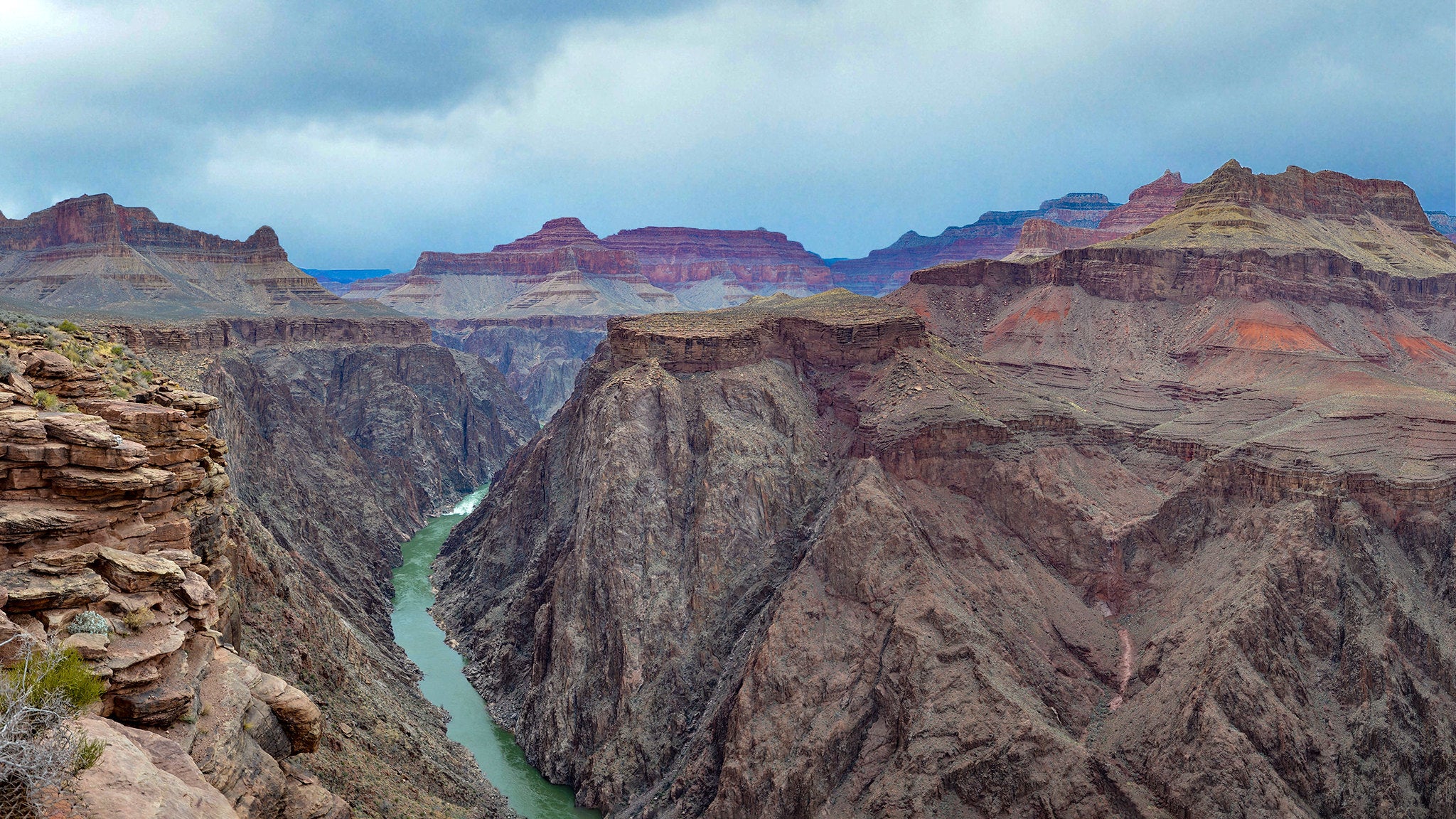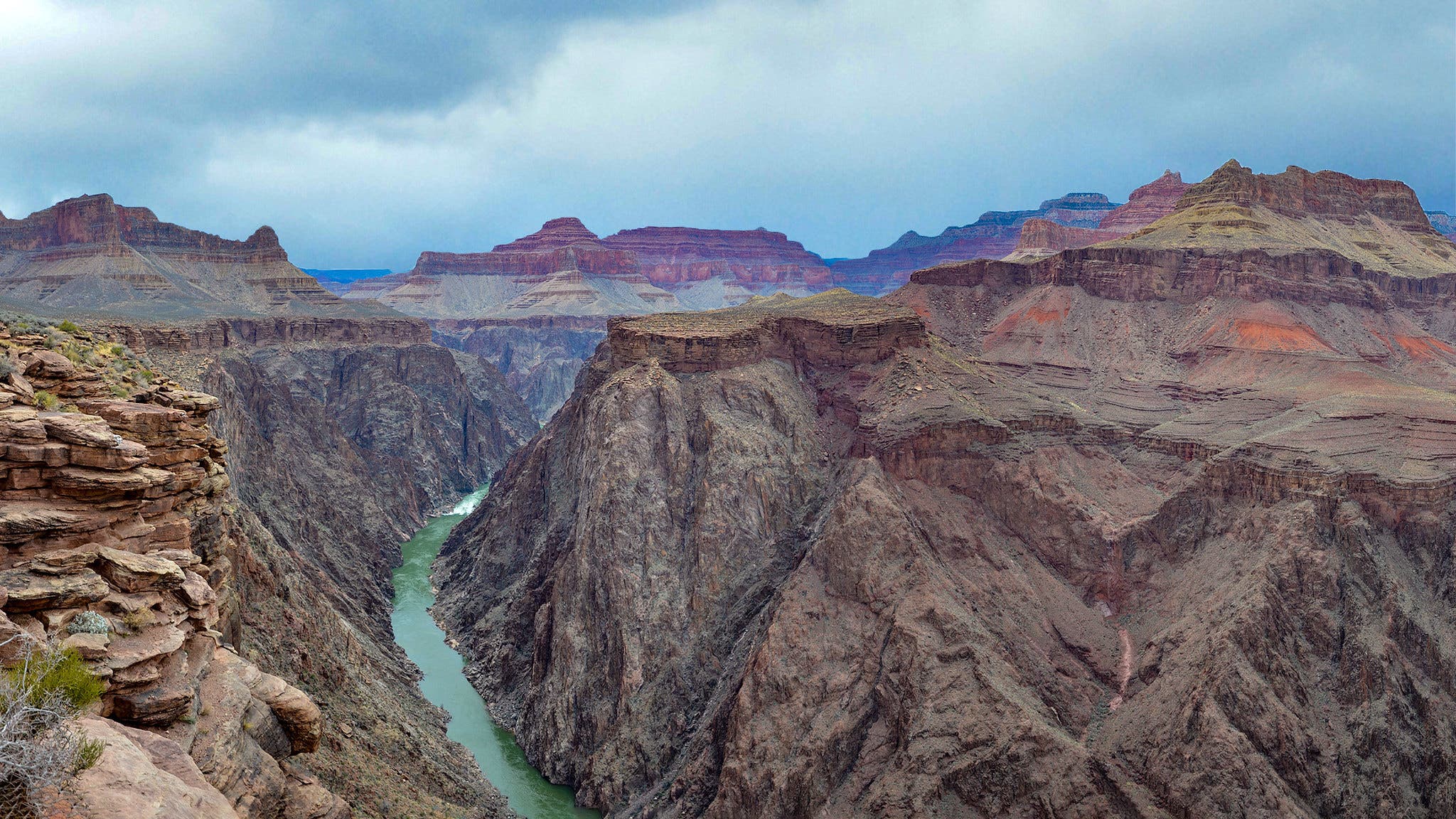House Passes Great American Outdoors Act

'M.Quinn/NPS'

The United States’ open spaces got their biggest boost in recent memory today as the House of Representatives approved the Great American Outdoors Act with a bipartisan vote of 310-107 . Passed by the Senate in June, the bill would provide permanent funding for the Land and Water Conservation Fund to the tune of $900 million a year and authorize $1.9 billion a year for five years to address the deferred maintenance backlog on federal public lands.
Part of the bill’s bipartisan appeal is that it doesn’t entirely rely on taxes. The LWCF is funded by royalties from offshore oil and gas drilling on federal public lands, which it uses to acquire and preserve to public lands, as well as funding smaller projects like baseball diamonds and local parks.
However, Congress often diverted much of the $900 million earmarked for the LWCF for completely different uses, sometimes reducing the amount available for conservation by up to half. As a result, the fund has lost more than $22 billion since its inception. The Great American Outdoors Act will permanently, fully fund the LWCF, ensuring that cash goes towards its intended purpose. (Another law, the 2019 John D. Dingell Jr. Conservation, Management, and Recreation Act, made the LWCF permanent, though it did not fund it.)
The second prong of the bill, originally titled the Restore Our Parks Act, is a long-needed response to years of inadequate funding for the maintenance backlog on public lands, which has risen to more than $20 billion, impacting everything from wildfire mitigation to tourist infrastructure in popular parks. While the $9.5 billion promised by the bill won’t fully erase that, it’s a start toward addressing closed trails, run-down campgrounds, poorly-maintained restrooms, and deficient roads.
At a time when partisan conflict seems to be permeating government on all levels, the Great American Outdoors Act has emerged as a bipartisan darling. Introduced in the Senate in early March 2020 before COVID-19 drastically changed legislative priorities, the bill picked up momentum recently as lawmakers recognized its role in promoting economic growth and recovery. The bill also provides a conservation legislation win for Republican Senators Cory Gardner of Colorado and Steve Daines of Montana, both of whom are up for tough re-elections fights in states where access to public lands is a popular issue.
Outdoor Alliance Executive Director Adam Cramer said in a press release that the bill “is a landmark moment for the outdoors and underscores the bipartisan popularity and importance of protecting our public lands and waters.”
“This is a perfect time to guarantee that all Americans, in our wonderful diversity, can have access to the outdoors,” Cramer said. “The Great American Outdoors Act will help make this happen by funding maintenance and restoration of the country’s iconic public lands and waters, and investing in building new trails, parks, and green spaces in perpetuity.”
While the bill enjoyed wide bipartisan support, as well as the backing of the president, Interior Secretary David Bernhardt, and Senate Majority Leader Mitch McConnell, it still had its detractors, including Rep. Paul Gosar (R-AZ) who is the Republican leader on the House Committee on Natural Resources, and Rep. Garrett Graves (R-LA), who called the bill an “enviro-bailout” in a tweet on Wednesday morning.
The bill now heads to the President’s desk to be signed into law. President Trump voiced support for the bill earlier this spring.